The Global LGBT Summit is underway in Philadelphia. On Thursday April 29th a National Sports Panel discussed the toxic effect of homophobia in college and professional sports. One of the panelists was Dr. Pat Griffin.
Dr. Griffin is the former Director of “It Takes A Team!” Education Campaign for LGBT Issues in Sport and is author of Strong Women, Deep Closets: Lesbian and Homophobia in Sports. Dr. Griffin leads seminars on diversity issues and lesbian and gay issues in athletics at numerous colleges and universities and has discussed homophobia in sports on ESPN’s Outside the Lines, HBO’s Real Sports and ABC Sports.
In addition to playing basketball, field hockey and swimming at the University of Maryland, she coached high school basketball and field hockey in Silver Spring, Maryland, and coached swimming at the University of Massachusetts, Amherst. SheWired interviewd her to learn more about this pioneer in LGBT sports.
SheWired: Princeton, Rutgers, University of Florida and Penn State are some of the well-known schools that have invited you to give seminars. What are some of the main topics you cover?
Pat Griffin: The character of the workshops has changed in the last six or seven years. Before that, when I’d go in it was really uncomfortable. Men coaches didn’t know why they were there because, of course, ‘there were no gay men in athletics.’
The lesbians were afraid they were going to be outed. Heterosexual women resented the lesbians and felt like the men were just being voyeurs. It was a very strange dynamic and very uncomfortable.
Now I see a huge change, which I think is real progress. When I go and talk with coaches, they get it. It’s much more of a problem-solving mode and that’s exactly where I think we should be. I love working with both the men’s and women’s coaches and I’ve discovered the hot-button topics. It’s these I make sure we address.
For the women, it’s having relationships on teams. That’s the one that creates the most anxiety. For men it’s about having a gay man in the locker room. We also talk about religion and homophobia and what’s the role of the coach. I feel cautiously optimistic and think the change will be evolutionary and not revolutionary.
More on next page...
\\\
(continued)
Do you still encounter the hostile audience or individual while speaking?
Most of the time people who are really hostile are just quiet. Although I’ve run into people who’ve challenged the whole idea and say it’s just not right. My attitude toward that is I’ve done this a long time and they can’t intimidate me. I’ve heard everything.
I’d rather have someone say that so we can get it out there. Typically when something like that happens I’m not the only one who has to respond to it. There will be other coaches who will speak up and respond to it.
Sometimes people will have issues around religion. How do I reconcile my religious views with what you’re telling me? I talk about the difference between personal beliefs and professional responsibilities and create a safe and respectful environment. Most coaches can join me there.
You were a closeted athlete and coach. Was there a specific moment when you decided to come out, or was it a more gradual process?
It’s been a progression. In the late ‘70s when there were all the protests of Anita Bryant I went to PTown, and there was this t-shirt there. “May the great seagull of PTown shit on Anita.” I loved that t-shirt and bought it but I was too afraid to wear it. It sat in the bottom of my drawer forever. I knew at that point that I wanted to be one of the people who broke the silence in sports. I was just was too scared to do it.
In the early ‘80s I made the decision to speak out at a New Agenda in Sport Conference held, I think, in Washington D.C.. It was one of two sessions that talked about homophobia and it was a huge deal back then. The Women’s Sports Foundation and the IOC and all the sponsors were freaking out that the word lesbian got into the program. It was quite something, but I was ready at that point. I really wanted to be a part of the movement that would start getting women’s sports to look at homophobia.
Wow, that was baptism by fire. Do you think we’ll always need an out athlete to champion our cause?
I don’t depend on the superstars. It’s always great when someone comes out because it creates an opportunity for a conversation but I’m not waiting on the Jackie Robinson of LGBT issues to change the world. I think the change is already happening on a more organic level—Division II, and III schools, Division I more slowly—it’s going to come up from the bottom rather that making this big flashy thing happen.
More on next page...
\\\
(continued)
You were a bronze medal triathlete at the ’94 Gay Games…gold medal in hammer throw in ’98. I’m impressed.
There’s a story about the hammer throw. That was the year my book came out so my publisher paid for me to be over there doing a book signing in Amsterdam for the Gay Games. One of the Dutch women running the track and field events was talking to my partner, Kathy Neal, whose now my wife. Kathy told her she’d thrown the discus in college and the Dutch woman said you should sign up here. We need more women in the track and field events.
The next day I had another book signing and Kathy decided to go to the track and field event. When I came back to the hotel she said, “I won the Gold medal in discus and I signed us both up for the hammer throw!”
I replied “I have no idea how to throw a hammer” and she said “I don’t either, but lets go and have some fun!” It was a great time. We went to the track and field venue and the people who knew how to throw the hammer taught those of us that didn’t how to. The other part of it for me was that Kathy is an incredible athlete -- she played pro softball and golf—and I am extremely competitive. Most of the time she kills me at sports, but in the hammer throw I won the gold medal and she got the silver.
The Gay Games are incredible. It’s an amazing experience. Everybody should do it at some point. Find an event that you’re good at and don’t just go to watch --go to participate.
Speaking of participating, what can we as individuals do to help the LGBT sports cause in our everyday lives?
Anybody who’s an alum of any school can find out what their school is doing. What are their policies? If they were lesbian athletes, they can tell those stories. If you have an opportunity to go back and do some education yourself that’s good. Most schools have a student advisory council. It’s really important to support the organizations that do this work in any way they can; volunteering or contributing money, letters to the editor and letters to organizations. Making what we believe known.
What advice do you have for the young LGBT athlete that is thinking about coming out but doesn’t know how to begin?
Everybody has to find their own process. I think one of the most important things is to identify what your support base is. Who are the people that are going to have your back? You have to make the decision on your own about time, place and manner. Who are the people who love you no matter how difficult things get. I say that not because I think things turn out badly because I don’t.
In my experience I don’t know anybody who has come out who regrets the decision. That doesn’t mean it’s always been easy. I think one of the best gifts we can give ourselves is to come out when it’s right for us, and that’s different for everybody depending on the circumstances you’re in.
Get more from Helen here!
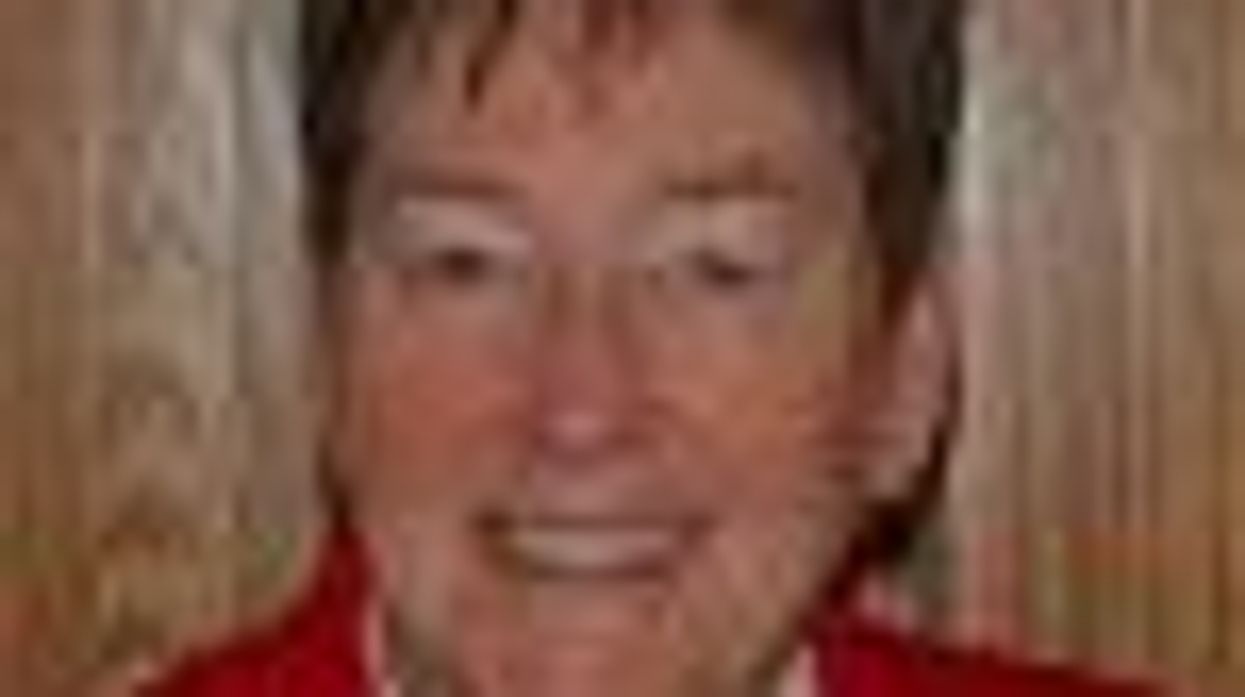






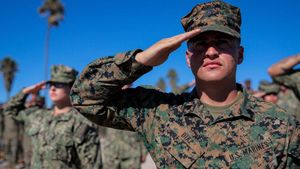






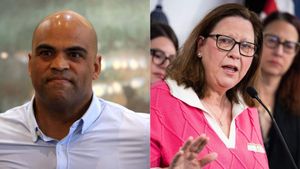

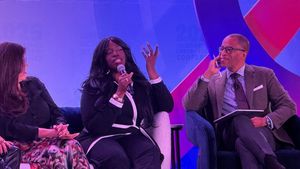






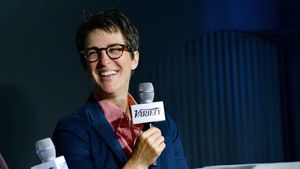





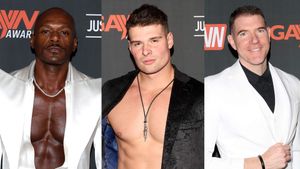



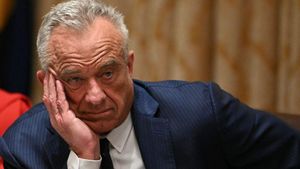
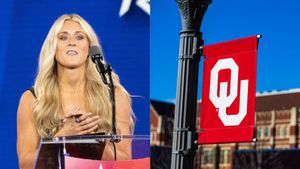
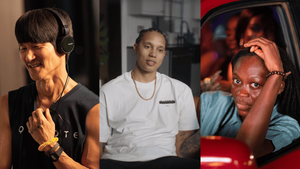






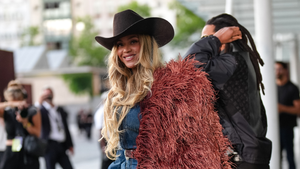


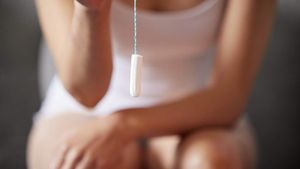
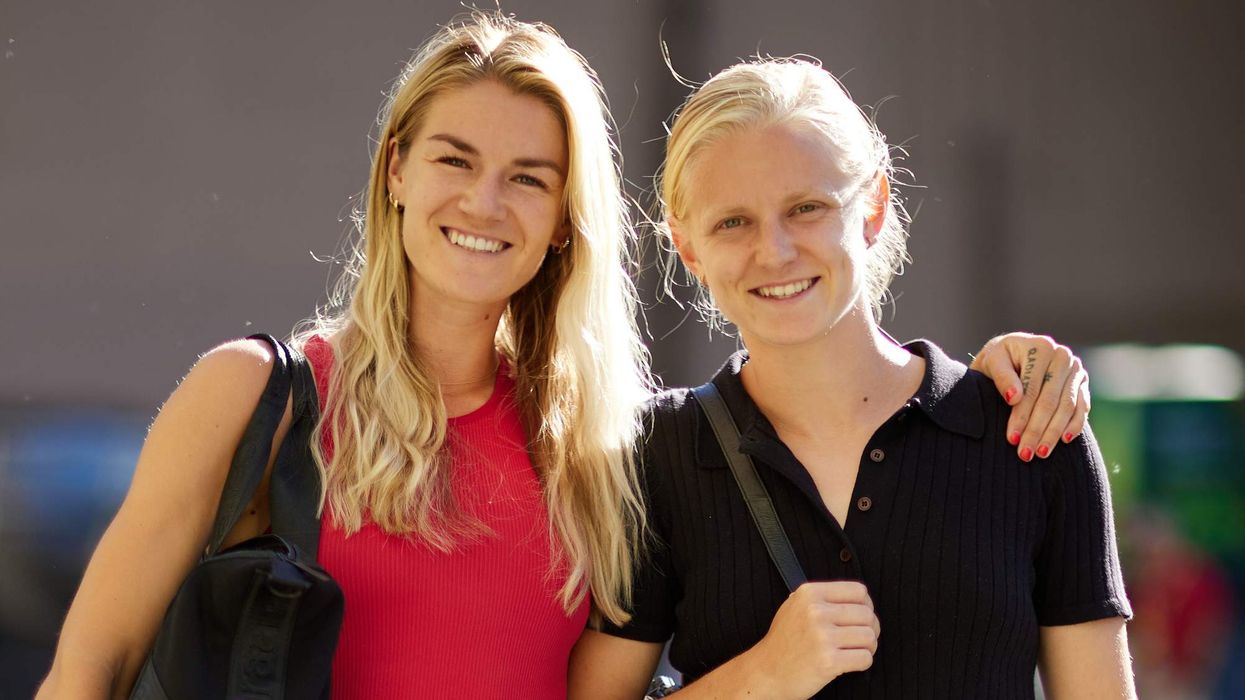


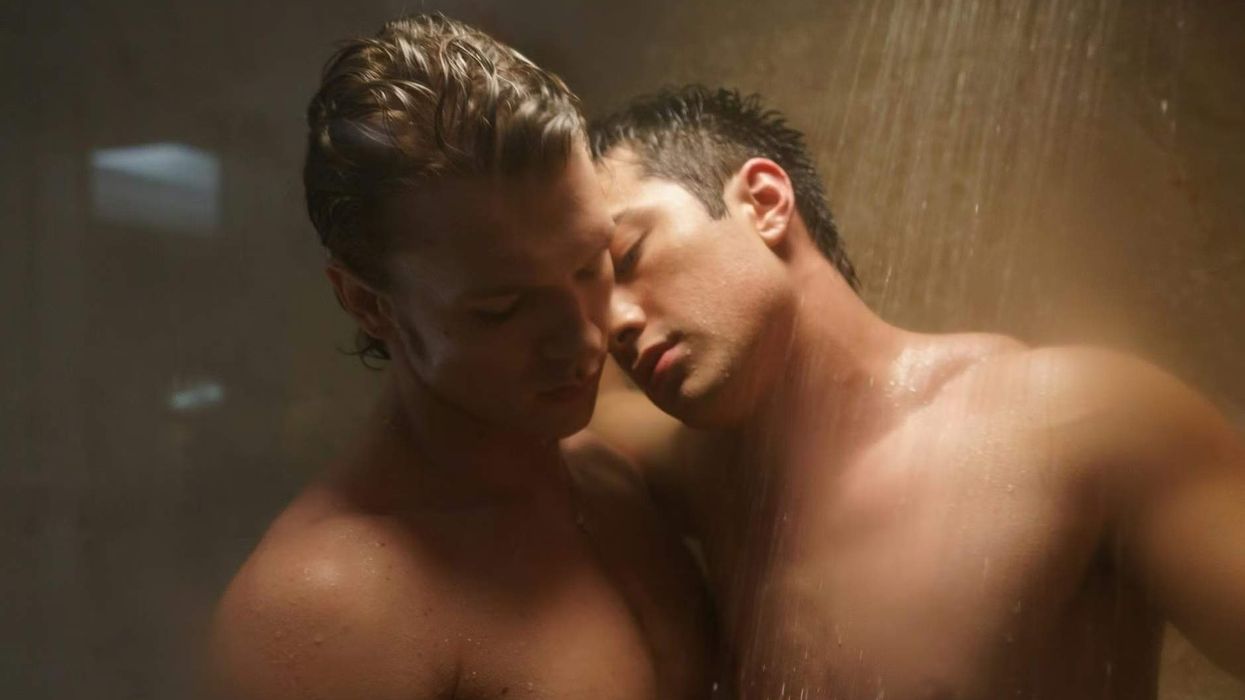


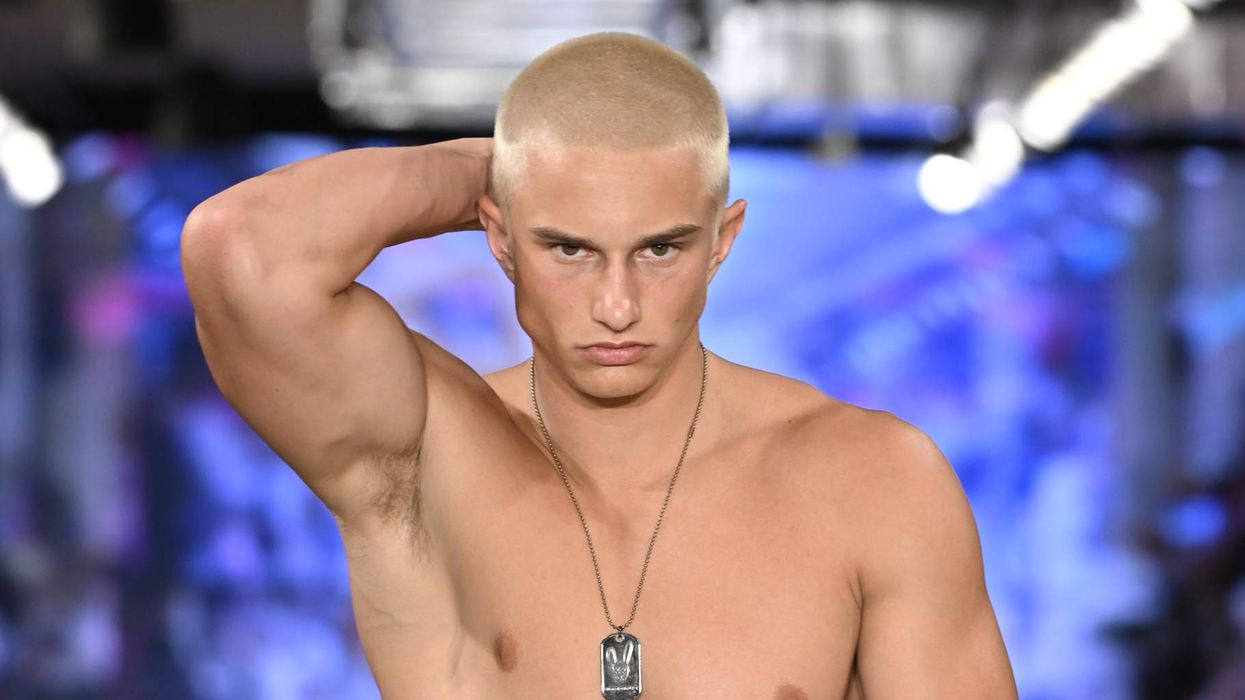

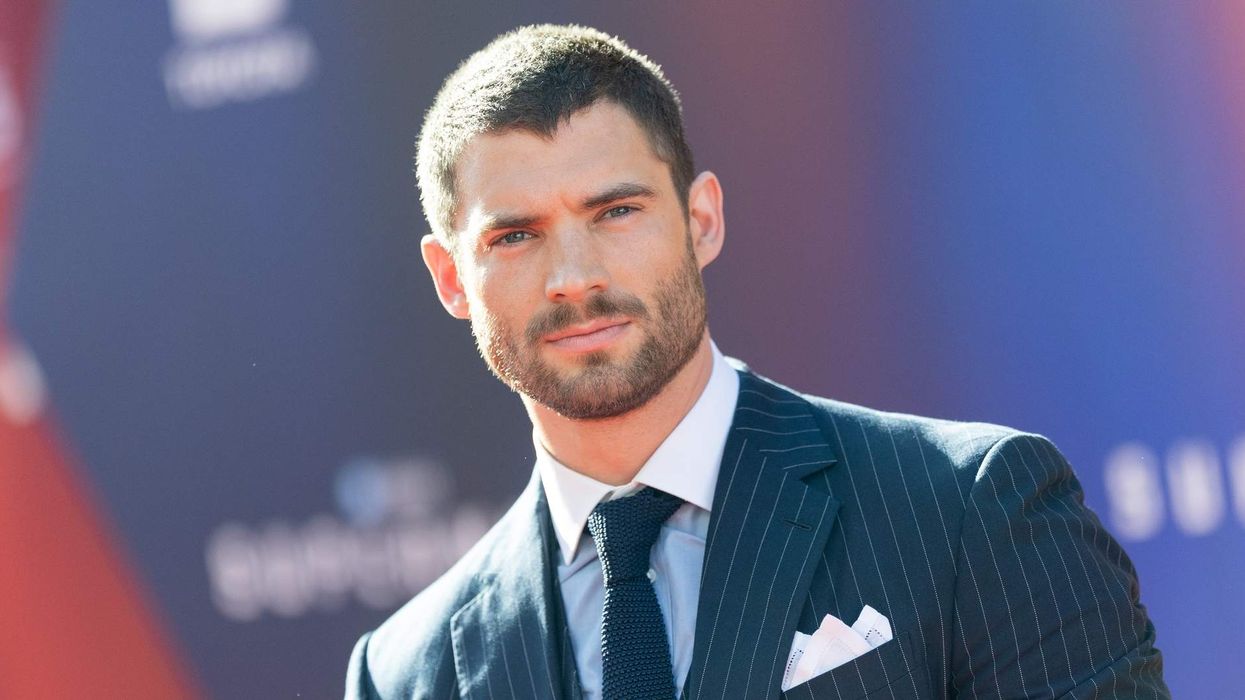
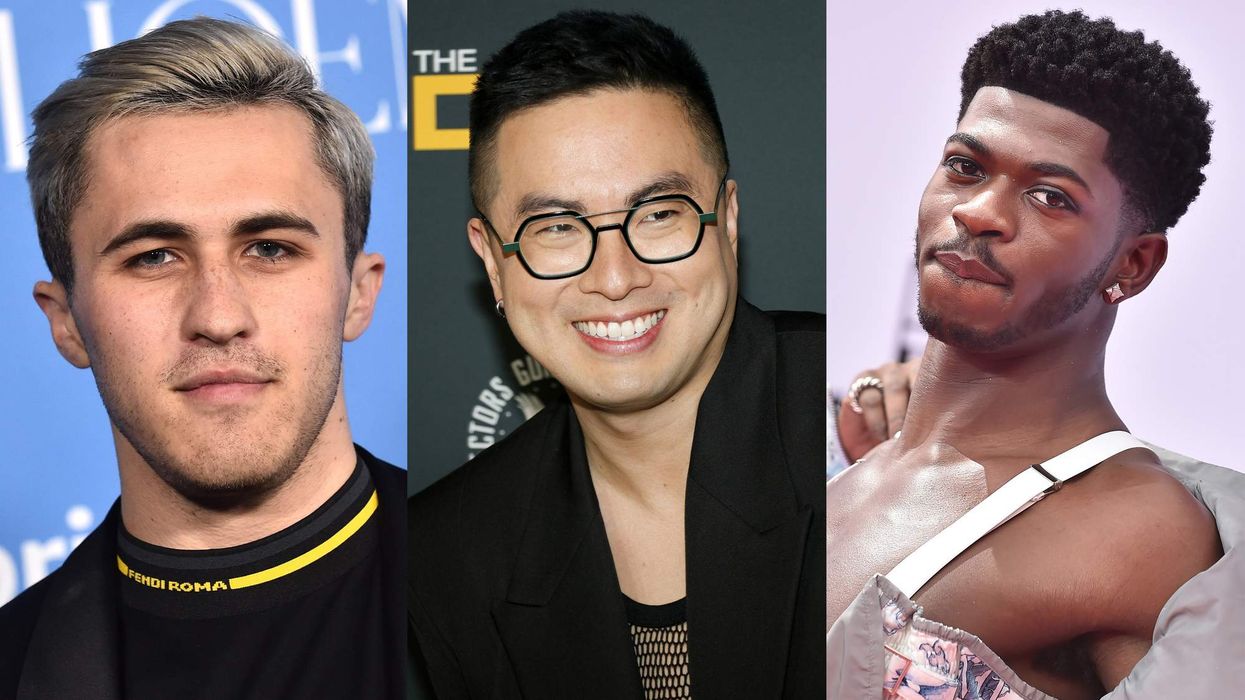































 Cindy Ord/Getty Images
Cindy Ord/Getty Images























